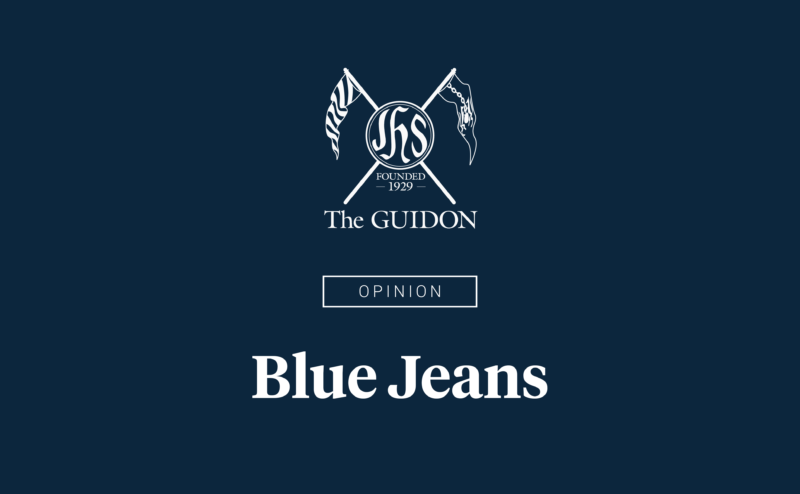THE EXISTENCE of the urban poor is a direct consequence of the urban dream. As the rise of globalization casts its shadow on developing countries, the bulk of human capital tends to flock to where technology and industries are most advanced, but not necessarily most productive. In the Philippines, that would be Metro Manila.
“They want to get a chance for a better future,” Rox Adarna of the Office for Social Concern and Involvement (OSCI) says. “Ito ‘yung mga taong nawawalan ng pag-asa sa provinces (They are the ones who lose hope for a better life in provinces).”
Families would emigrate from their provinces and leave their sources of livelihood, usually agriculture or fishing, for an urban life. Political thinker Giorgio Agamben, in his famous work Homo Sacer: Sovereign Power and Bare Life, gives light to how the urban poor is excluded from the State, but is thereby included in it precisely by its exclusion. They are essentially members of society, but can only live at its fringes to siphon the excesses of the elites.
Adarna says that urban poor families try to find hope in Manila. However, he says that “competition in the city is stiff.”
“Many have no place to stay so they live on empty lots of land they can find. Usually these lots are not fit for human life, like along rivers and waterways,” says Fr. Pasquale Giordano, SJ, of the Theology Department. Living vulnerably exposes them to natural calamities that can strip them of all their possessions without a moment’s warning.
Since Metro Manila is still developing, investors are also constantly on the lookout for cheaper lands as sites for commercial or residential projects. An example would be an urban poor community that lies right in the middle of a marketable property—such a situation eventually becomes a question of who is more powerful and influential. Adarna says that in this situation, “problema ng landowner (it is the landowner’s problem).”
When it does boil down to relocation, Giordano insists that “the relocation should have a human face to it.” Forced eviction and improper relocation not only repeatedly cause alienation from one’s home; they also violate individuals’ basic property and ownership rights.
In a society where money translates to power—even the power to resist—there is no wonder why the urban poor population keeps on growing.
Why the poor get poorer
In an effort to spread awareness of such situations of social injustice, OSCI prepares three-day, two-night-long immersion trips for all senior Ateneo students. Audrey Ng, a management engineering senior, had her immersion in Sitio Pupha, Barangay Pinagbuhatan in Pasig.
“Pupha is about ten minutes away from Greenwoods Executive Village in Pasig, but in terms of physical infrastructure, it’s as if they’re worlds away,” Ng shares. She was assigned to live with a family of four under the roof of a tiny and barely habitable house. It did not have a bathroom.
“I used to be very Republican in thinking that the poor are in that state because they do not exert as much effort as the rich,” Ng says, admitting that her immersion experience changed her mindset. This is something she is saying after actually living with the family assigned to her, having observed how government-provided assistance to the urban poor are very much below par.
Ng criticizes the public education system, noting that her immersion kapatids (siblings) were often just given seatwork instead of lectures in class because the teachers “don’t really care about their performance.”
One cannot ignore the fact that the opportunity to succeed is usually not even available to the poor in the first place. Ng notes, “Few scholarships are offered to those who are really determined to succeed. My [immersion] tatay (father), for example, had dreams of becoming an engineer, but because they could not afford college, he just became a construction worker.”
Because they are minimally skilled, the jobs they enter are those that do not require any specialization. From being laborers in all their humanity, they are reduced merely to the value of the commodities they can produce and services they can provide.
Pupha’s paralegal adviser Roberto Armada says that each family’s income ranges from P200 to P400 per day, hardly sufficient to meet their needs. “Yes, the government has initiated livelihood projects for the people of Pupha. However, if we want to measure the impact of such intervention, we can say it has a ‘trickle-down’ effect. The sustainability factor is another matter,” he explains.
Helplessness on both ends
“Mahirap lang kami (We’re only poor),” is their constant apologetic chant. What escapes them is that there is so much that can actually be done.
“Being a university, our focus is [to develop] the student,” Adarna says. “Paghubog sa puso, lalong lalo na ang puso para sa marginalized (Shaping the heart, a heart especially for the marginalized).”
Adarna adds, “Pag minsan ang tingin ng mga tao, ito ay ang mga taong tamad o walang ginagawa sa buhay. In reality, walang ganoong karaming options (Sometimes people think that they are lazy people, those who do not do anything in life, but in reality they do not have much options).”
Some people outside these communities only see the image of poverty on the surface and judge the poor as if they chose to be in their decrepit situation. However, it perhaps slips their minds that the unfortunate were born into this reality.
For these people, escaping it is just as essential as trying to survive.



